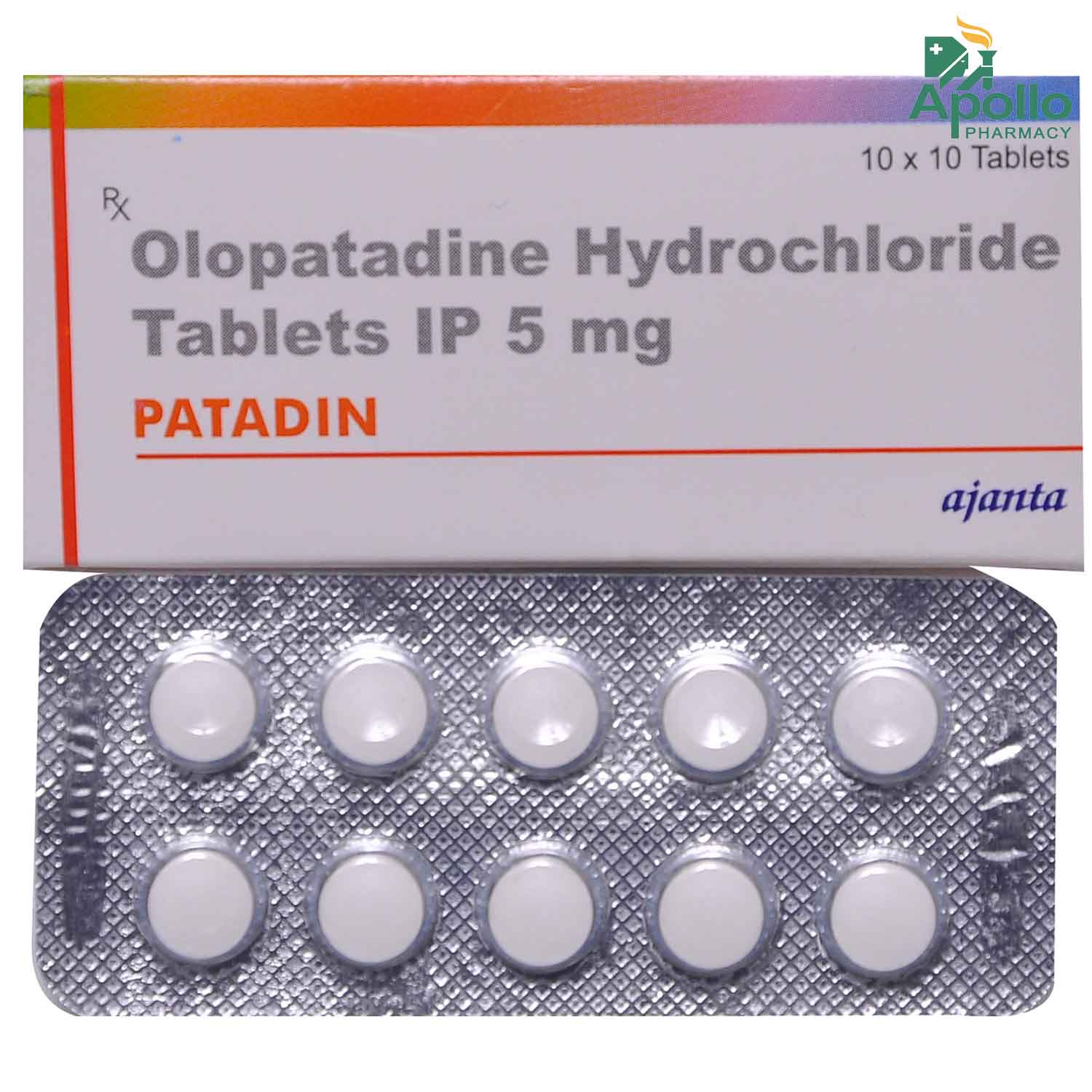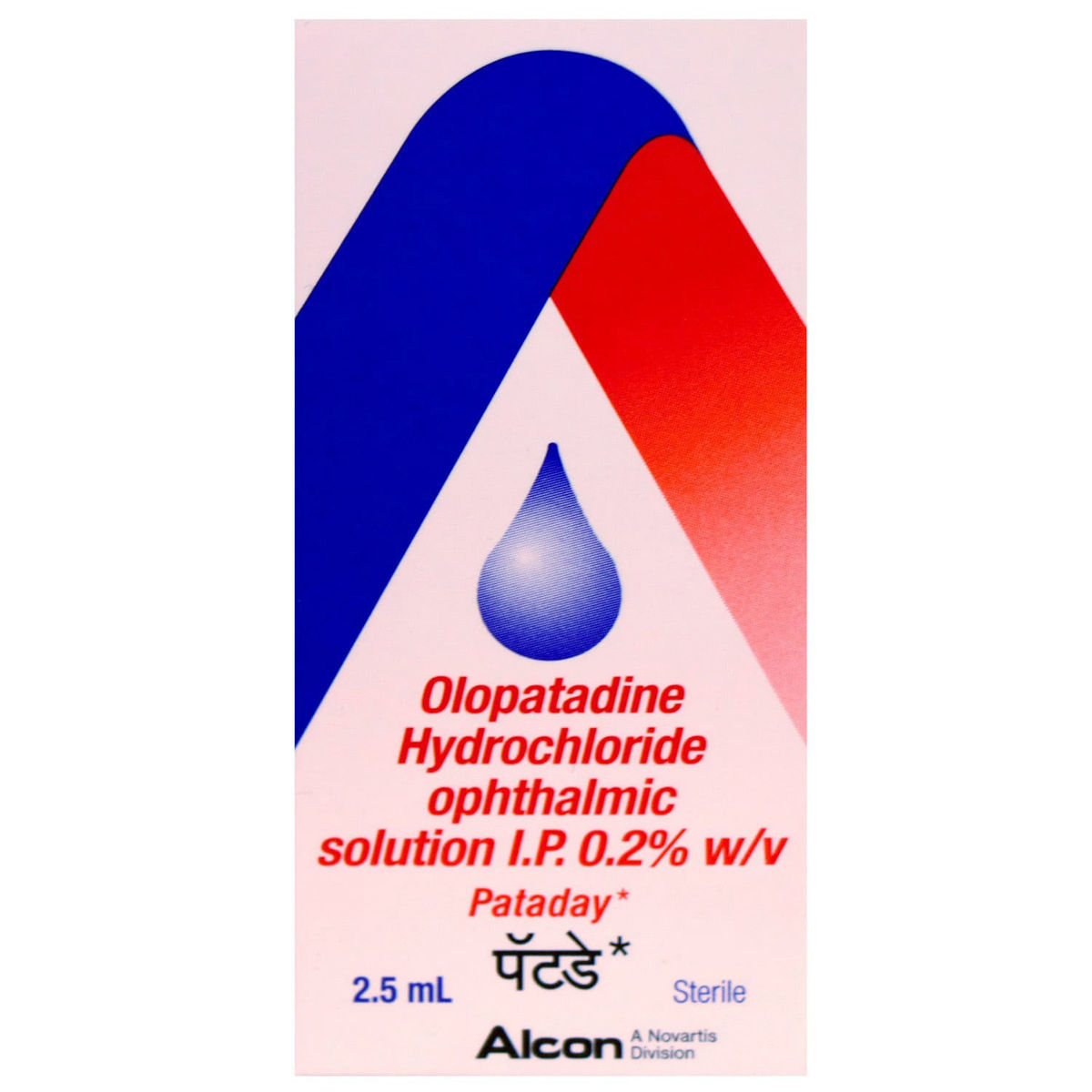Olopatadine
About Olopatadine
Olopatadine belongs to the 'antihistamine' class of drugs, primarily used to treat signs and symptoms of seasonal allergic rhinitis and nasal allergy. It relieves congestion, sneezing, and runny nose caused by seasonal allergies. Allergic rhinitis is inflammation and allergy of the nose caused by an allergen, such as pollen, dust, mould, or skin flakes from certain animals.
Olopatadine contains Olopatadine, which is an antihistamine drug. It inhibits the release of histamine (chemical messengers released due to an allergic response in the body) from mast cells. Thereby treats runny nose, sneezing, and itchy eyes.
Your doctor will advise on how often you need to take Olopatadine based on your medical condition. Some common side effects of Olopatadine include nausea, headache, nosebleeds, cough, throat pain/irritation, drowsiness, runny nose, fever, and bitter taste in the mouth. These side effects do not require medical attention and gradually resolve over time. If the side effects persist or worsen, consult a doctor.
Do not use nasal spray while using depression medicines since it reduces alertness and may cause central nervous system impairment. It is advised to check with your doctor before using Olopatadine if you are pregnant, currently breastfeeding, or if you are taking any other prescribed or non-prescribed medicines. Avoid driving or operating machines if you experience symptoms that may interfere with your alertness while using Olopatadine. Alcohol consumption should be avoided to prevent any adverse reactions during the treatment. Olopatadine is not recommended for children below six years.
Uses of Olopatadine
Medicinal Benefits
Olopatadine contains Olopatadine, an antihistamine drug. It treats signs and symptoms of seasonal allergic rhinitis and nasal allergy. It relieves congestion, sneezing, and runny nose caused by seasonal allergies. Olopatadine works by inhibiting the release of histamine (chemicals that cause allergic symptoms like itchy eyes and runny nose) from mast cells.
Directions for Use
Storage
Side Effects of Olopatadine
- Nausea
- Headache
- Nosebleeds
- Cough
- Throat pain/irritation
- Drowsiness
- Runny nose
- Fever
- Bitter taste in the mouth
Drug Warnings
Let your doctor know if you have a history of heart, liver and kidney diseases and allergic reactions to any of the components in Olopatadine. Do not use Olopatadine while using depression medicines since it reduces alertness and may cause central nervous system impairment. It is advised to check with your doctor before using Olopatadine if you are pregnant, currently breastfeeding, or if you are taking any other prescribed or non-prescribed medicines. Avoid driving or operating machines if you experience symptoms that may interfere with your alertness while using Olopatadine. Alcohol consumption should be avoided to prevent any adverse reactions during the treatment. Olopatadine is not recommended for children below six years.
Drug Interactions
Drug-Drug Interaction: Olopatadine may interact with other anti-histamine drugs (diphenhydramine, cetirizine), muscle relaxants (carisoprodol, cyclobenzaprine), opioid cough suppressants (codeine, hydrocodone), and anti-anxiety drugs (alprazolam, lorazepam).
Drug-Food Interaction: Consumption of alcohol while using Olopatadine increases the risk of dizziness. Hence avoid or limit the intake of alcohol.
Drug-Disease Interaction: Brief your medical history to the doctor if you have heart, liver and kidney diseases and allergic reactions to medicines before using Olopatadine.
Drug-Drug Interactions Checker List:
Safety Advice

Alcohol
unsafeOlopatadine may reduce alertness and also cause dizziness when used along with alcohol consumption. It is advised to avoid alcohol intake during the course.

Pregnancy
cautionOlopatadine should be used during pregnancy only if the doctor has prescribed it. Please consult your doctor if you are planning to become pregnant or are already pregnant before starting Olopatadine.

Breast Feeding
cautionOlopatadine should be used by a breastfeeding mother only if the doctor has prescribed it. Please consult your doctor before starting Olopatadine.

Driving
cautionOlopatadine may affect your ability to drive. Do not drive or operate machinery in such cases. Drive only when you are alert.

Liver
cautionLet your doctor know if you have any history of liver diseases. Your doctor will weigh the benefits and potential risks before prescribing Olopatadine.

Kidney
cautionLet your doctor know if you have any history of kidney diseases. Your doctor will weigh the benefits and potential risks before prescribing Olopatadine.

Children
cautionOlopatadine is not recommended for children below six years. The dose may have to be adjusted by your doctor depending upon the condition of the child's disease and age.
Habit Forming
Diet & Lifestyle Advise
- Know your triggers like allergens, such as pollen, dust, and food items.
- Quit smoking and avoid passive smoking.
- Eat a healthy diet and exercise regularly to boost your immune system.
- Learning breathing exercises will help you move more air in and out of your lungs.
Patients Concern
Disease/Condition Glossary
Allergic rhinitis: Allergic rhinitis also known as hay fever, is inflammation and allergy of the nose caused by allergens, such as pollen, dust, mould, or skin flakes from certain animals. Its symptoms include itchy, watery eyes, itchy nose, sneezing, and runny nose. Medications that treat allergic rhinitis include steroid drugs, anti-histamine medications, decongestants, and bronchodilators.
FAQs
Olopatadine belongs to the 'antihistamine' class of drugs, primarily used to treat signs and symptoms of seasonal allergic rhinitis and nasal allergy. It relieves congestion, sneezing, and runny nose caused by seasonal allergies.
Olopatadine works by inhibiting the release of histamine (chemicals that cause allergic symptoms like itchy eyes and runny nose) from mast cells, thus relieving symptoms like congestion, sneezing, and runny nose caused by seasonal allergies and allergic rhinitis.
It is advised not to share the nasal spray bottle with another person to avoid spreading infections. Also, please do not use the spray bottle after 28-30 days of opening it to prevent contamination.
Please do not stop using Olopatadine even if you feel better. Continue the course as suggested by the doctor.
Take the missed dose as soon as possible. However, if it is time for the next dose, skip the missed dose and return to your regular dosing schedule.






